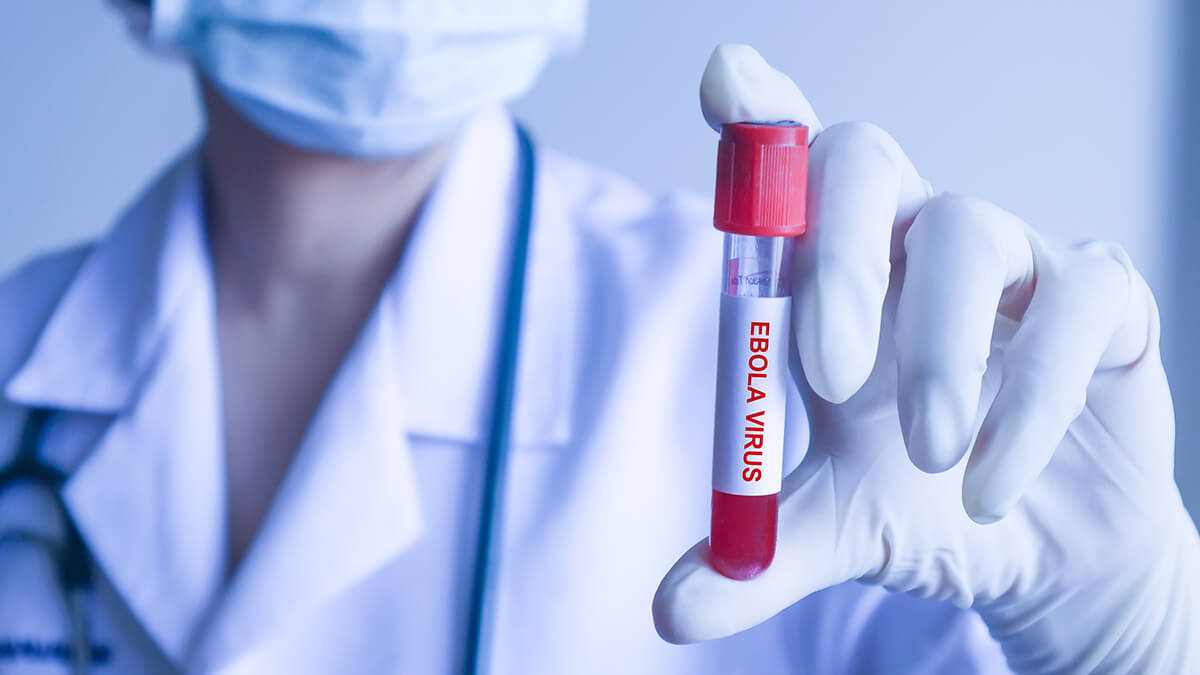The term “Ebola virus” has long had the ability to evoke a sense of fear, but until recently, most Americans believed the disease was restricted to remote populations living in Africa. That all changed on September 30, 2014, when the first laboratory-confirmed case of Ebola was identified in Dallas in a man who had recently returned from Liberia. The patient passed away just 8 days later.
Federal, state, and local public health officials—namely those holding a PhD in Public Health or Doctor of Public Health degree—were closely involved in investigating cases. Other U.S.-based cases of Ebola were identified shortly thereafter, igniting nationwide concern.

Dr. Jennifer J. Edwards is a faculty member at Walden University (a leading online university which offers one of the world’s largest online suites of public health degree programs available today) and speaks nationally on health empowerment topics. Dr. Edwards posed a number of thought-provoking questions to the American public in a recent article she wrote, “Real Life Hot Zone: American Misconceptions and Unanswered Questions About Ebola.” The following excerpt offers food for thought for all of us, especially anyone interested in online learning and considering an online graduate degree program such as a Doctor of Public Health (DrPH), PhD in Public Health, or Master of Public Health (MPH).
The Ebola outbreak in Africa was their problem, until it became our problem. This terrifying outbreak came much closer to home when the U.S. agreed to transport our infected medical personnel stationed abroad back to the United States. The increasing globalization of society, due to transportation ease and technological advancements, has made us closer and more susceptible to cross-national problems than ever. Ebola is no longer in the American news headlines. Does that mean it has been cured? Does that mean it is no longer an issue?
The first known case of Ebola was reported in 1976 in Africa’s Democratic Republic of Congo (Zaire at the time), with steadily occurring outbreaks since then. In America the media stills calls it “The Ebola Crisis,” because we think it is a new and sensationalized topic to discuss. Thousands died at rapid rates in the West African outbreak, with over 5,500 cases reported and more than half of them resulting in fatalities (World Health Organization/Centers for Disease Control data). Pretty terrible odds with pretty terrible clinical symptoms—unexplained bleeding out, vomiting, and eventually death for the majority of those who contract the illness.
Any self-proclaimed science nerd has turned the pages of Richard Preston’s The Hot Zone, published back in 1994, a true graphic account of Ebola in Africa. In the past year, we have heard more about it here in the States because our valuable medical personnel have placed their lives on the line by rendering medical service abroad. So, Ebola is new to us. Or, is it? How are we able to seemingly cure Americans suffering from Ebola in a matter of days and weeks when thousands of Africans have been dying from the disease for decades? Are we catering to the American elite who were given top-notch treatment when brought back to our soil? Is it our responsibility to share our innovation globally?
Have U.S. scientists been withholding advances in medicine that could have helped those dying in Africa? There are currently no FDA-approved Ebola vaccines available. Human testing of an Ebola vaccine and antiviral drug are suddenly soon to be underway on our soil. How long have these drugs been in the pipeline for sudden testing release at such a time as this? Are we technically employing medical warfare to keep other nations in their status of turmoil by not sharing our treatment solutions? Every government, scientist, and citizenry is responsible for the well-being of its own people first and foremost. This Ebola crisis raises many critical questions in global health and economic power for reflection.
Though many continue to search for a cure, we still do not have a vaccine for the Ebola virus, which leaves our nation at risk. The Ebola crisis itself is proof that great opportunity exists for professionals who wish to earn a doctoral degree or master’s degree in public health in order to promote a safer and healthier world.
Dr. Jennifer J. Edwards is a faculty member in Walden University’s School of Heath Sciences, editor of an online health magazine SoleHealthMag.com, and a national speaker on public health topics. Dr. Edwards also serves on national health journal editorial review committees and consults for national health nonprofit organizations.
Explore Walden University's online public health programs and make a difference in the lives of others in need. Earn your degree at a pace that fits your life and schedule.



